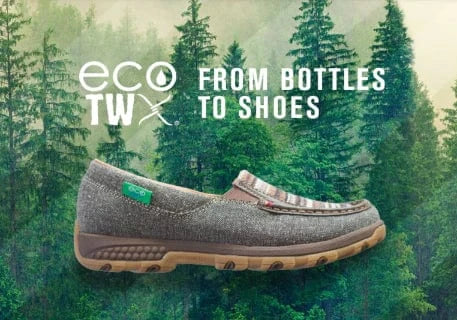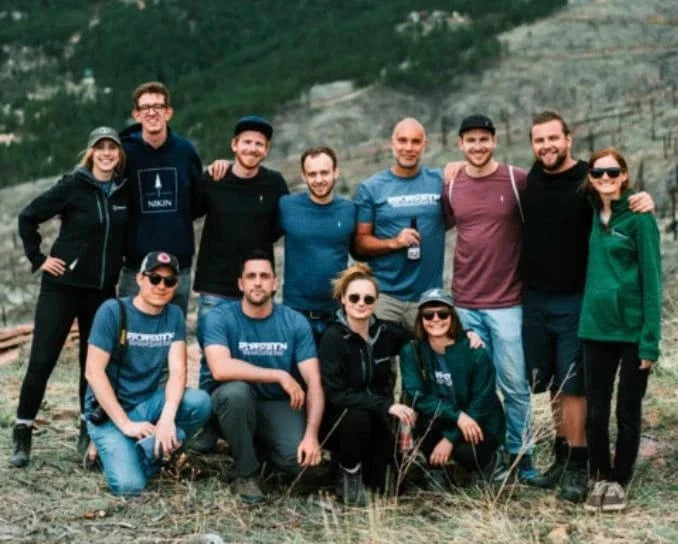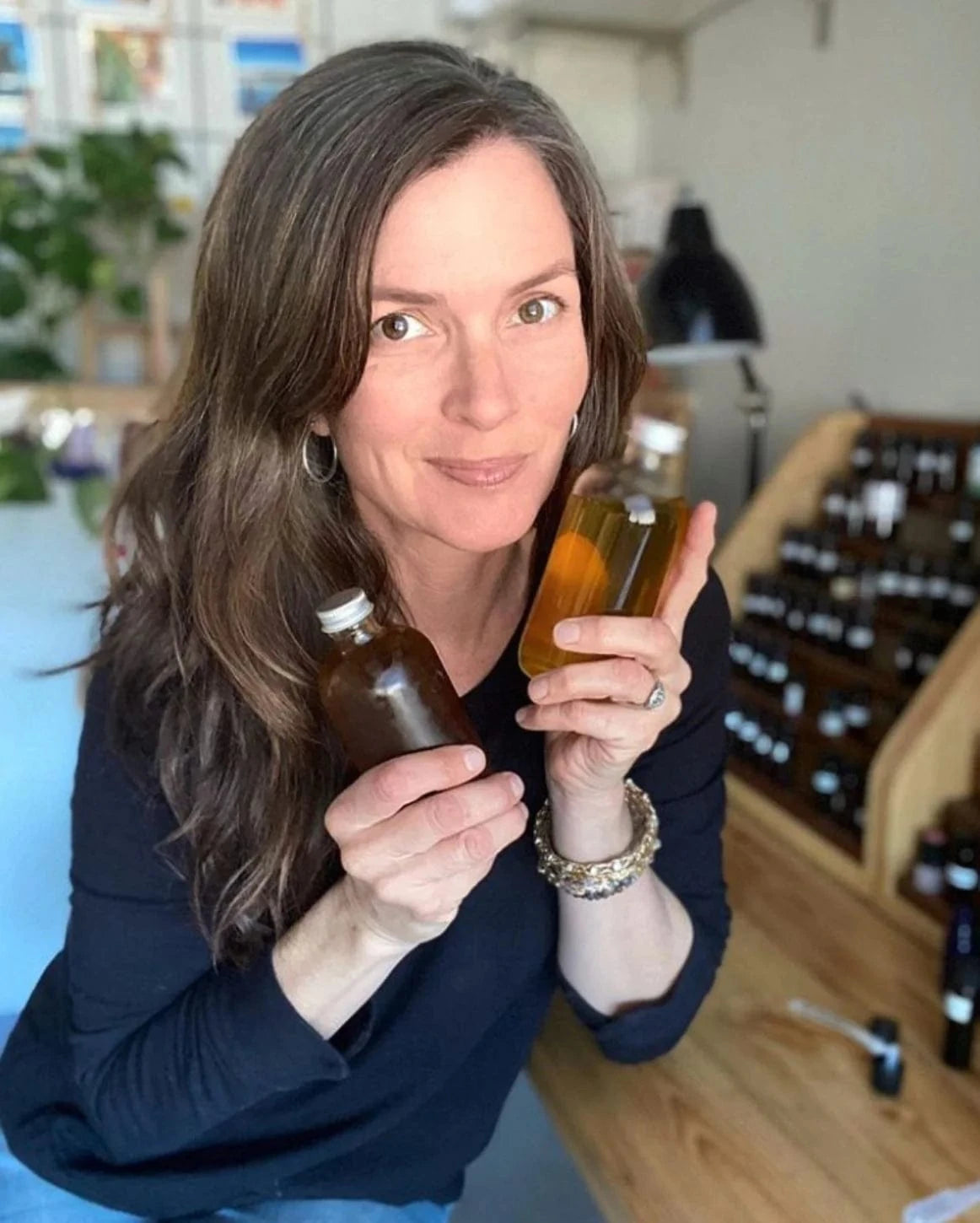The Benefits of Businesses Supporting Reforestation

Get news, updates, & event Info delivered right to your inbox:
Sustainable Businesses are Leading the Way Towards a Greener Future
Let's talk business. The business of planting trees! Reforestation has been in the spotlight as a nature-based solution to climate change for some time now. And it's great to see trees getting the attention they deserve. With so much in the world that needs fixing, many consumers expect that their favorite brands are factoring positive impact into their business models. We are fortunate to work with many wonderful brands who are doing just that.
Planting Trees is a Simple Action That Has Powerful Benefits
Reforestation, or planting trees in areas that have been degraded or deforested, helps the environment by guaranteeing, or accelerating the re-establishment of healthy forest structure by regrowing the forest canopy and preserving biodiversity within the ecosystem. The reasons to plant trees are many, but the conclusion is clear: your business can make a powerful environmental impact by supporting reforestation.
Trees help clean the air we breathe, filter the water we drink, and provide habitat to over 80% of the world's terrestrial biodiversity. Forests provide jobs to over 1.6 billion people, absorb harmful carbon from the atmosphere, and are key ingredients in 25% of all medicines. And that’s just the tip of the iceberg. Here are 6 key benefits of reforestation.

Improved Air Quality
In the contiguous United States, urban trees remove an estimated 711,000 metric tons of air pollution every year. These include pollutant gasses like nitrogen oxides, ozone, and carbon monoxide. They can also “trap” particles like dust and smoke on their leaves and bark. And through the process of photosynthesis, trees release oxygen back into the atmosphere.
Not everyone enjoys healthy air quality — especially in urban areas, where marginalized communities have historically missed out on the benefits of urban trees. One Tree Planted’s urban forestry program prioritizes projects that strive to make the many benefits that urban forests provide available to all communities — not just some. This concept is known as Tree Equity.
Biodiversity Conservation
Biodiversity loss is growing due to climate change, pollution, habitat destruction, invasive species, and overexploitation of the environment. Today, the IUCN has designated more than 44,000 of all assessed species as threatened with extinction. This includes 41% of amphibians, 26% of mammals, 12% of birds, 37% of sharks and rays, 28% of selected crustaceans, 21% of reptiles, 70% of cycads, 36% of reef corals, and 34% of conifers.
Reforestation offers a lifeline for threatened and endangered biodiversity. As forests are restored, they create new habitats for a range of plants and animals. These restored ecosystems provide habitat for endemic wildlife and encourage the return of species that may have disappeared due to deforestation. By planting trees, we can restore the intricate web of life that thrives within healthy, diverse forest ecosystems.
Climate Change Resilience
One Tree Planted conservatively estimates that the average tree absorbs an average of 10 kilograms, or 22 pounds, of carbon dioxide per year for the first 20 years of growth. As trees grow, they absorb carbon dioxide from the atmosphere during photosynthesis and store it in their biomass and in the soil. By supporting reforestation, you can actively contribute to reducing atmospheric carbon dioxide levels and combating climate change.
In addition to absorbing carbon, restored forests contribute to increased ecosystem resilience in the face of climate change impacts. As the climate becomes more unpredictable, and extreme weather events such as hurricanes and wildfires increase in frequency and intensity, healthy forests offer protection by acting as natural buffers against these disturbances. Planting trees helps to create climate resilient landscapes that can adapt and recover more effectively from environmental disturbances.

Social Impact
Beyond the many environmental benefits, tree planting and forest management create green jobs across many economic sectors. Local communities can engage in reforestation before, during, and after planting has taken place. And sustainable agroforestry, sustainable timber harvesting and non-timber forest products offer economic incentives while ensuring responsible resource management.
We don’t just rely on trees for jobs, though. Our sustainable agroforestry projects are a powerful example of how reforestation changes lives for the better. Food-producing trees provide fruit, nuts, berries, and leaves for consumption by both humans and animals — and pack a powerful nutritional punch. And sustainable tree farming provides timber to build homes and shelters, and wood to burn for cooking and heating.
Water Cycle Regulation and Quality
Healthy forests play a key role in a healthy water cycle. As trees transpire, they release water vapor into the atmosphere, contributing to cloud formation and precipitation. Reforestation helps maintain regional rainfall patterns, ensuring a steady water supply. By contributing to the water cycle, forests also help regulate local climates and reduce the severity of droughts and floods.
Reforestation can also improve water quality. Trees act as natural filters, trapping and absorbing pollutants, excess nutrients, and sediments before they reach rivers, lakes, and other water bodies. By reestablishing forests along waterways and in watersheds, we can reduce the contamination of freshwater resources, fostering cleaner and healthier aquatic environments.
Health Benefits
Just as trees provide benefits to entire ecosystems by stabilizing soils, providing rich habitat for wildlife, absorbing and filtering stormwater, cooling temperatures and more, they also bring a range of benefits to human health. From medicinal trees that human societies have relied on for thousands of years for life-saving medicine to urban trees that shade city dwellers from dangerously high temperatures, the advantages of living near trees cannot be overstated.
On a deep level, people recognize this. Numerous studies have demonstrated that the presence of trees in urban settings can improve mental health by reducing stress — and living in areas with more green space correlates with lower levels of the stress hormone cortisol. It’s no wonder, then, that studies have found that just 3-5 minutes spent looking at nature can help reduce anger, anxiety and pain, inducing relaxation.

Do Consumers Care About Sustainability?
At one point, sustainable products were a niche in the marketplace and not something that uniquely appealed to consumers. But today, a growing number of consumers are becoming aware of the impact their buying decisions have on the environment.
In other words: socially responsible spending by consumers is going through the roof. The latest Conscious Consumer Spending Index (CCSIndex) benchmarking study showed a record high in 2023, representing a breakthrough for socially responsible spending.
The index also found that 71% of consumers felt it was important to support socially responsible brands, 66% said they had purchased socially responsible products and services over the past year, and 42% reported plans to spend more with socially responsible companies in 2024.
Overall, these numbers show that we are in the midst of a huge shift when it comes to sustainable living — and brands are key to achieving sustainable development goals.
Here are a few examples of how brands have made planting trees their business through the years:

Twisted X
Twisted X is a great example of a company making new "strides" every day towards being a more sustainable brand! They've created a sustainable ecoTWX® Collection. This collection uses recycled plastic and comes in 100% recycled packaging. To take it a step further, for every pair purchased plants a tree.

NIKIN
NIKIN is a great example of what it means to "grow with us". NIKIN is a sustainable clothing brand from Switzerland who has sustainability and trees on their mind. Not only does NIKIN plant a tree for every purchase made, they've entirely integrated reforestation into their brand and they've personally planted trees with us. Their slogan is "tree by tree" which is fitting because a little can go a long way when it comes to reforestation.

Osmia Organics
Osmia Organics provides natural skin care products that also plants trees! Founder, Dr. Sarah Villafranco was formerly in emergency medicine. After some family hardships, she reconnected with her passion for chemistry and the making of natural soap which lead her to starting Osmia Organics! The way she has tied in reforestation to her brand is simply eloquent, "The word Osmia is a reminder to notice the details of your life — the color of the sky, the warmth of the sun on your skin, the smell of the pine needles under your feet. But we want to do more than help you return to your senses. We want to help the planet heal herself, too."
Here’s How Your Business Can Make a Difference
In an ever-changing climate, we all have a responsibility to take care of the planet. With a global portfolio of high-impact projects and a team of experts in the reforestation space, we provide our partners with solutions that meet their sustainability objectives while also making a tangible, lasting impact on the planet.
For more information on ways you can make a positive impact with your business, visit the One Tree Planted business partner page.
Get news, updates, & event Info delivered right to your inbox:
Related Posts
How Decom Solar Supports Nature-Based Solutions Beyond the Grid
17/12/2025 by One Tree Planted
Play to Plant: How Humble Bundle is Supporting Reforestation Throughout Earth Month
01/04/2025 by Meaghan Weeden
Planting Urban Trees Around the World with Microsoft
04/02/2025 by Meaghan Weeden
Popular On One Tree Planted
Planting Trees Around the World With AstraZeneca
29/06/2023 by Meaghan Weeden
Small World Spotlight: Circling back with Oliver Wyman
15/01/2023 by Ariel Canie
5 Fashion Brands that Plant Trees for Environmental Impact
28/09/2022 by Ariel Canie
Fundraising Disclosures

Be Part of the Restoration Movement
The Grove is more than just a monthly giving program: it's a vibrant community of individuals who are dedicated to reforestation and environmental restoration on a global scale.





